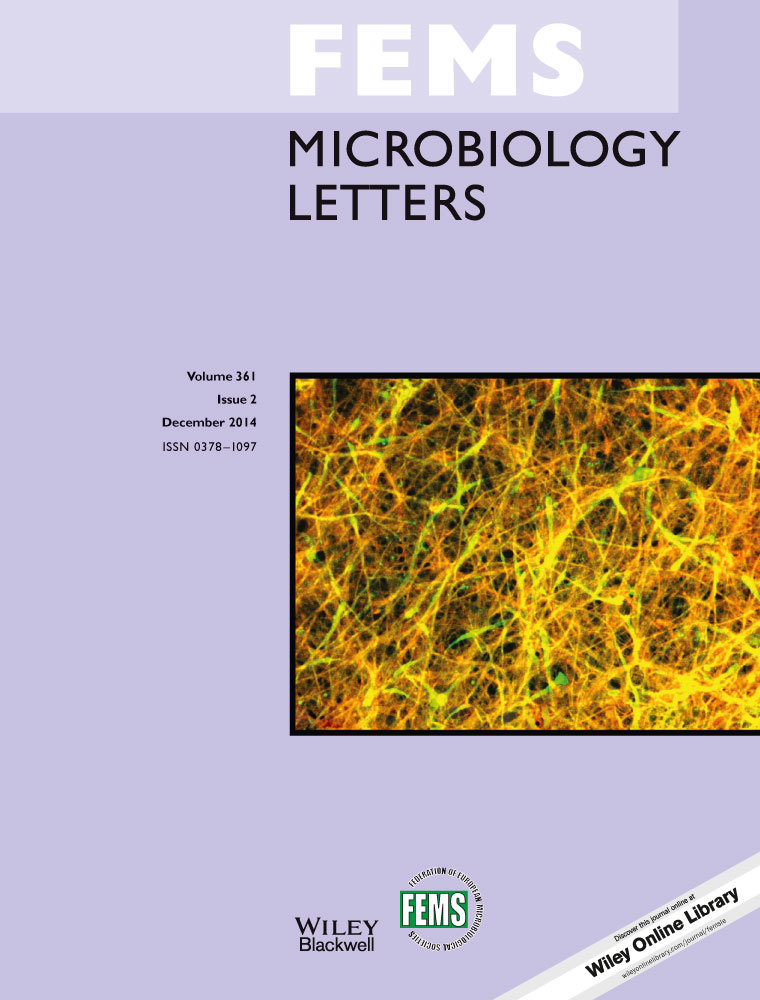Oral colonization and immune responses to Streptococcus gordonii expressing a pertussis toxin S1 fragment in mice
Abstract
The ability of a recombinant Streptococcus gordonii RJM4 expressing the N-terminal 179-amino acid fragment of S1 subunit of pertussis toxin (PT) as a SpaP/S1 fusion protein was tested for oral colonization and immunogenicity in BALB/c mice. Following two consecutive oral inoculations, 100% of the mice were colonized by the recombinant strains for up to 9 weeks and >60% of the animals still retained the strains after 19 weeks. RJM4 recovered from the animals continued to express the SpaP/S1 fusion protein indicating the stability of the fusion gene in vivo. Secretory (S) IgA antibody against PT could be detected in saliva from RJM4-colonized mice but not from the control groups of mice. SIgA against SpaP was also detected in saliva from the RJM4-inoculated and the S. gordonii SL3 (control)-inoculated mice. Serum antibodies against PT and SpaP were not detected in these animals. In conclusion, long-term oral colonization of BALB/c mice with our recombinant S. gordonii was established and the colonization elicited mucosal antibodies against PT and SpaP.




